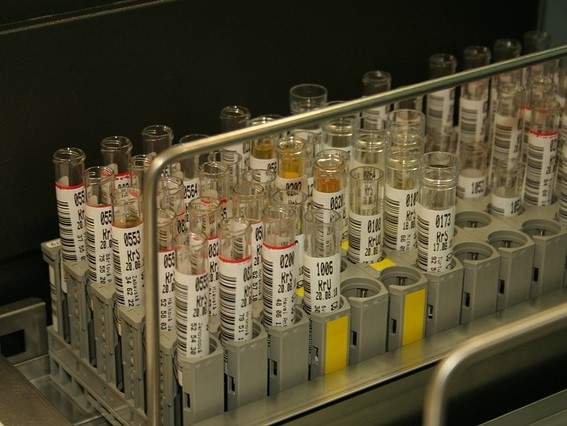
Canada-based Aquinox Pharmaceuticals has announced that it will stop developing the drug rosiptor (AQX-1125) following the failure of its LEADERSHIP 301 Phase 3 clinical trial for the treatment for interstitial cystitis/bladder pain syndrome.
The Phase 3 trial was a three-arm, multicentre, randomised, double-blind, placebo-controlled study involving 433 participants from the US, Canada and Europe, 341 of which were female. The subjects were randomised to receive 100mg or 200mg of the rosiptor or the placebo.

Discover B2B Marketing That Performs
Combine business intelligence and editorial excellence to reach engaged professionals across 36 leading media platforms.
The drug failed to meet its primary endpoint, which requires a statistically significant reduction in the mean change from baseline at week 12 in the maximum daily bladder pain score compared with the placebo in female subjects.
The rosiptor was generally well tolerated with the rate of adverse events during the 12 week treatment period consistent with the placebo and prior trials.
Aquinox CEO and president David Main said: “This is a disappointing result for Aquinox and for patients. LEADERSHIP 301 was a robust and well-conducted trial, and we believe the results are definitive. We have conducted a number of sensitivity, subpopulation, and secondary endpoint analyses and none demonstrate a benefit of rosiptor over placebo. We had hoped to deliver better news to the patients and investigators that made the personal commitment to participate in the trial.
“These results support halting all further development activities with rosiptor. We will be undertaking a thorough evaluation of our pipeline and other strategic options available to the company and will be in a position to provide further guidance later this year.”

US Tariffs are shifting - will you react or anticipate?
Don’t let policy changes catch you off guard. Stay proactive with real-time data and expert analysis.
By GlobalDataInterstitial cystitis/bladder pain syndrome is characterised by chronic bladder pain and urinary symptoms. Patients may experience pain, pressure or discomfort around their pelvis and often experience a physical, emotional and psychological problems. There are few FDA approved or effective treatments options for the condition.




